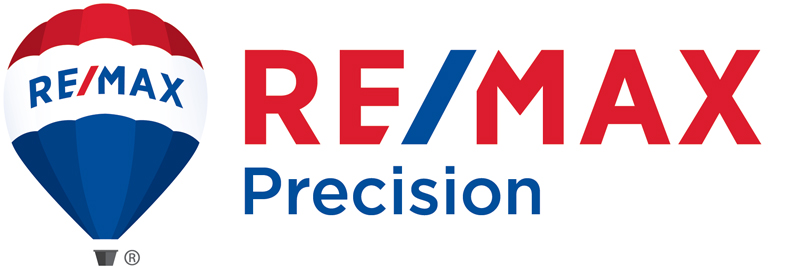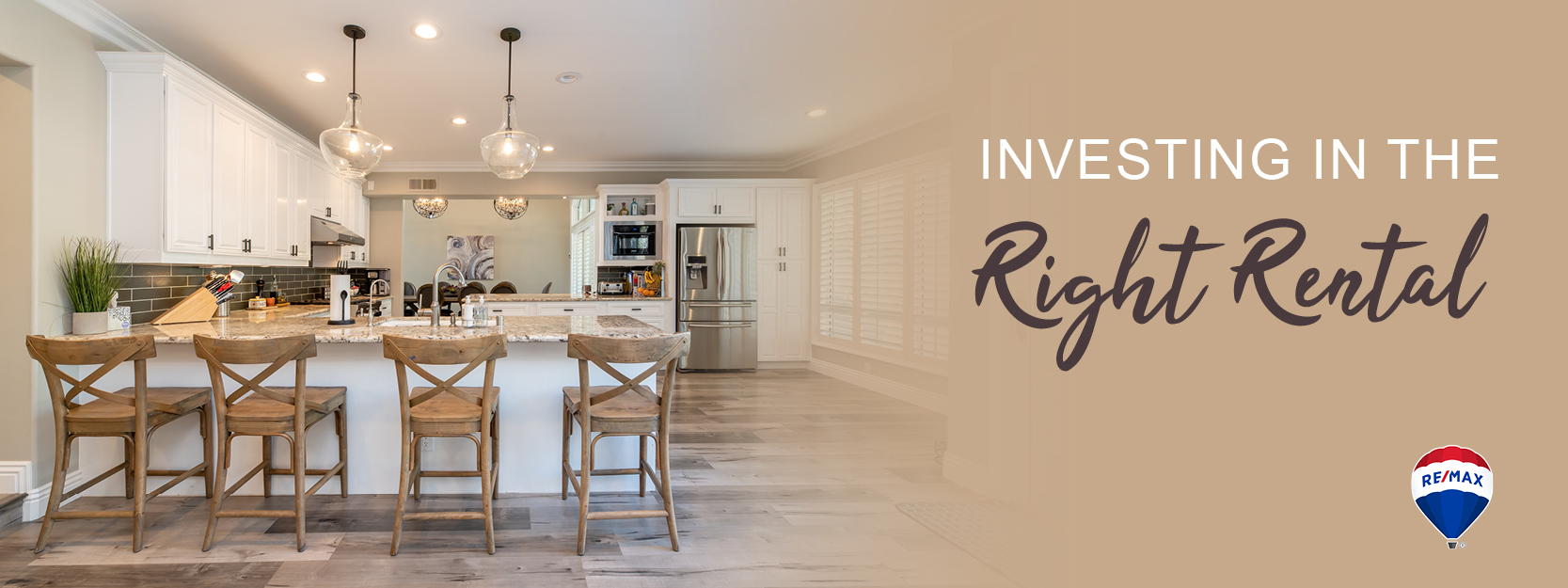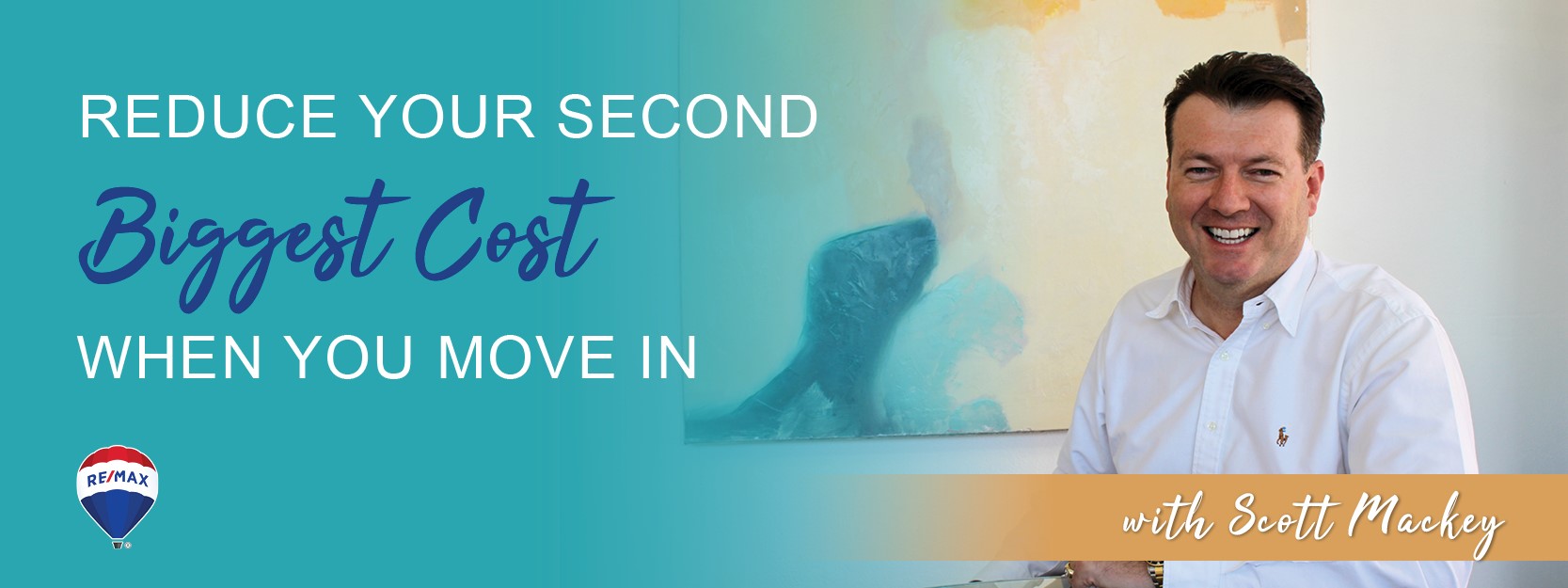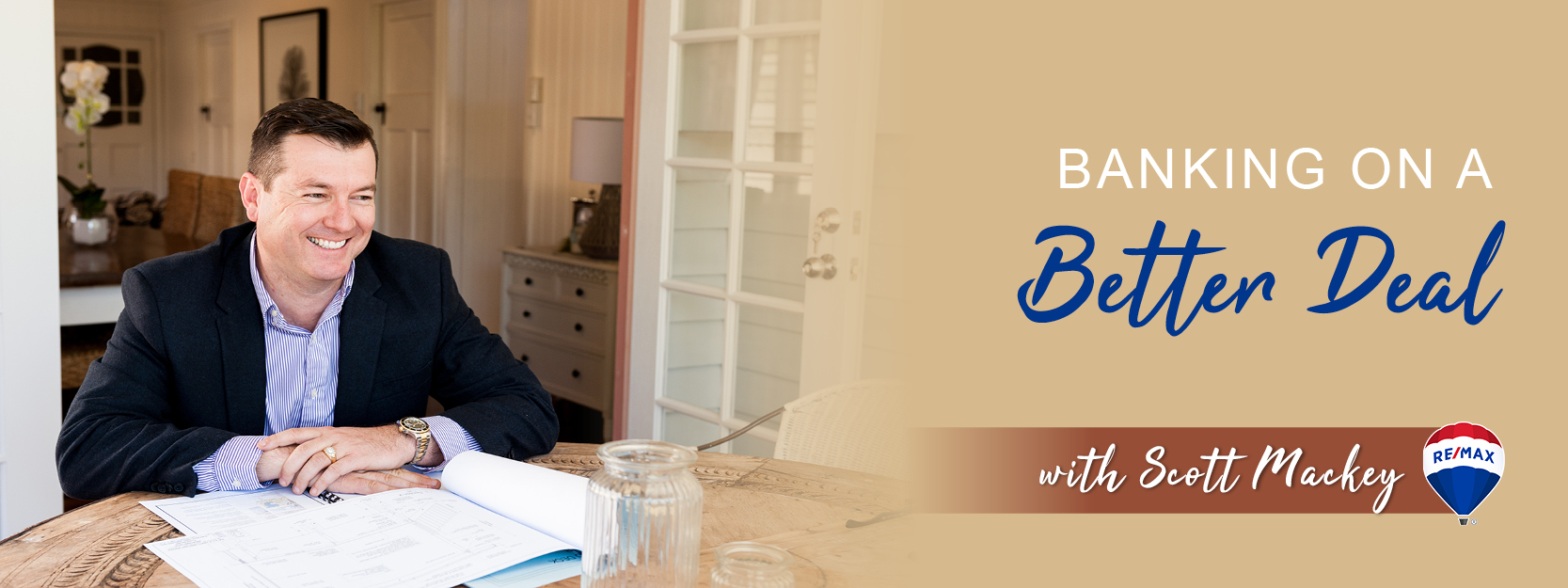Investing in the Right Rental
With Scott Mackey
There’s no doubt that the Bundaberg region has been experiencing a real estate boom, and all market indications point to it continuing into the foreseeable future.
Rentals properties are mirroring the surge in owner-occupied housing demand, with vacancy rates the tightest in decades. In plain English, there are more tenants for available rentals just like there are more buyers than listings for sale.
So, if you’re thinking about buying an investment property to lease, you would be adding stock to a highly sought-after real estate sector while yielding income. Great, right?
Scott Mackey, Principal of RE/MAX Precision says, “before you dive into the market there are a few things to think about, and it’s not simply whether to purchase a house, unit or duplex townhouse.”
Here are some top tips he’s gleaned from dealing with investors over his 25 years in real estate.
DECIDE ON YOUR GOAL
Are you buying to renovate and then sell to achieve a capital gain? Are you looking to demolish an existing property and then replace as a new build and or units? Or are you looking to buy and hold for future capital gain or is it more focused on providing cash flow?
There can be many combinations to this. The Bundaberg market allows you better than most markets to buy a ‘cashflow property’. This means the rent covers your loan payment, rates, insurance etc., or a large part of it and sometimes provides surplus as rents grow over time.
PRICE WARS
Historically houses have out performed units that are in the same area. To have a house in a similar condition as a unit will be an unfair comparison for price, and a unit has more fees than a house.
Body Corporate fees are a payment of shared costs along with a savings account for future maintenance. For a house this is not compulsory and if you applied the same parameters this would separate houses a great deal.
PROPERTY TYPE
With CBD apartments, country acreages and seaside bungalows on the market, investors are spoiled for choice when it comes to real estate. In general, independent houses offer better capital growth, while apartments boast better rental yields.
Saying that, apartments often have extra levies to consider and independent homes can require hefty maintenance costs. Each property type has its unique pros and cons, so make a list to determine which one will help you achieve your personal finance objectives.
LOCATION
A property’s location should complement the dwelling type and objective you have chosen. If you want to profit from an apartment, you should consider buying close to the CBD and if you want capital gains from a free-standing home, it might be worth looking into outlying areas where house prices are beginning to boom.
You should also look out for planned infrastructure improvements that may affect the house price trajectory of the property. As a rule of thumb, stay close to local amenities and public transport services if you want to lock in a long-term tenant and ensure your home holds its value.
USE THE PROFESSIONALS
At the end of the day, buying an investment property can be a great way to build your portfolio and create wealth. What works for one investor, may not work for another, so it’s important to give some thought to your individual goals before putting down a deposit.
Property investment can be tricky, so don’t be afraid to ask a financial advisor about your next steps. They’re dedicated to helping buyers make a return from their investment which means their guidance could help you profit in the long term.
The team at RE/MAX Precision is never far away either. You can give Scott or Spencer a call any time or pop into the office to talk about your property goals.



